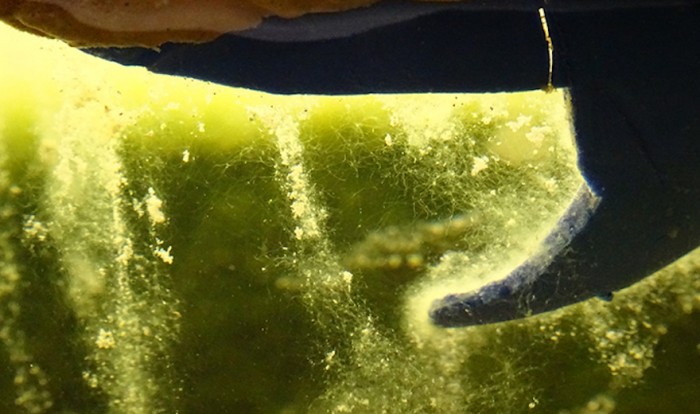
A team from the University of the West of England (UWE Bristol) and Newcastle University are working together to develop living bricks that can generate energy from sunlight and recycle waste water. With these bricks it may be possible in the near future to see smart buildings that can biologically react to surrounding environments in order to produce valuable resources such as electricity and clean water.
When paved together, the bricks will create “bioreactor walls” embedded with Microbial Fuel Cells (MFC). The MFCs will contain a cocktail of microorganisms that can be programmed to have specific reactions to their surrounding elements, such as converting organic waste into energy. This type of technology could pave the way for a new type of responsive and intuitive architecture, which could have important implications for public housing and sustainable infrastructure.
Professor Andrew Adamatzky, Director of the Centre for Unconventional Computing at UWE Bristol, explains that with these bricks “we will produce buildings which are biological computers.”
With these smart bricks, buildings and infrastructures could exist as large living organisms with internal resource-producing systems that meet the needs of residents, occupants or cities.
Professor Ioannis Ieropoulos, Director of the Bristol Bioenergy Centre, sees the project’s potential to “explore the possibility of treating household waste, generate useful levels of electricity, and have 'active programmable' walls within our living environments.”
The bricks form part of a the Living Architecture campaign by Newcastle University, which explores ways to tackle global sustainability problems using computing, engineering and architectural technologies.



